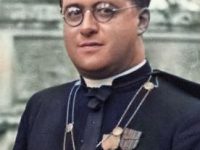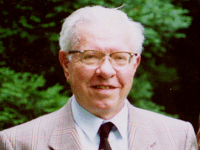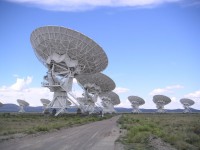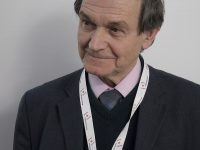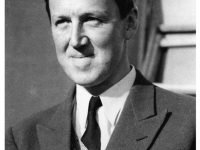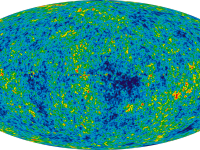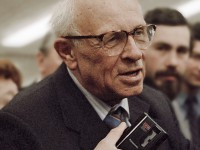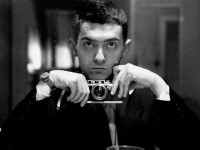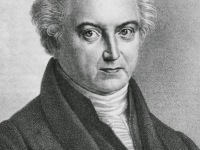Georges Lemaître and the Origins of the Big Bang Theory
On June 20, 1966, Belgian priest, astronomer and professor of physics Georges Lemaître passed away. He was the first person to propose the theory of the expansion of the Universe, widely misattributed to Edwin Hubble, and is best known for his proposal of what became known as the Big Bang theory of the origin of the Universe. “We want a fireworks theory of evolution. The last two thousand million years are slow…
Read more

